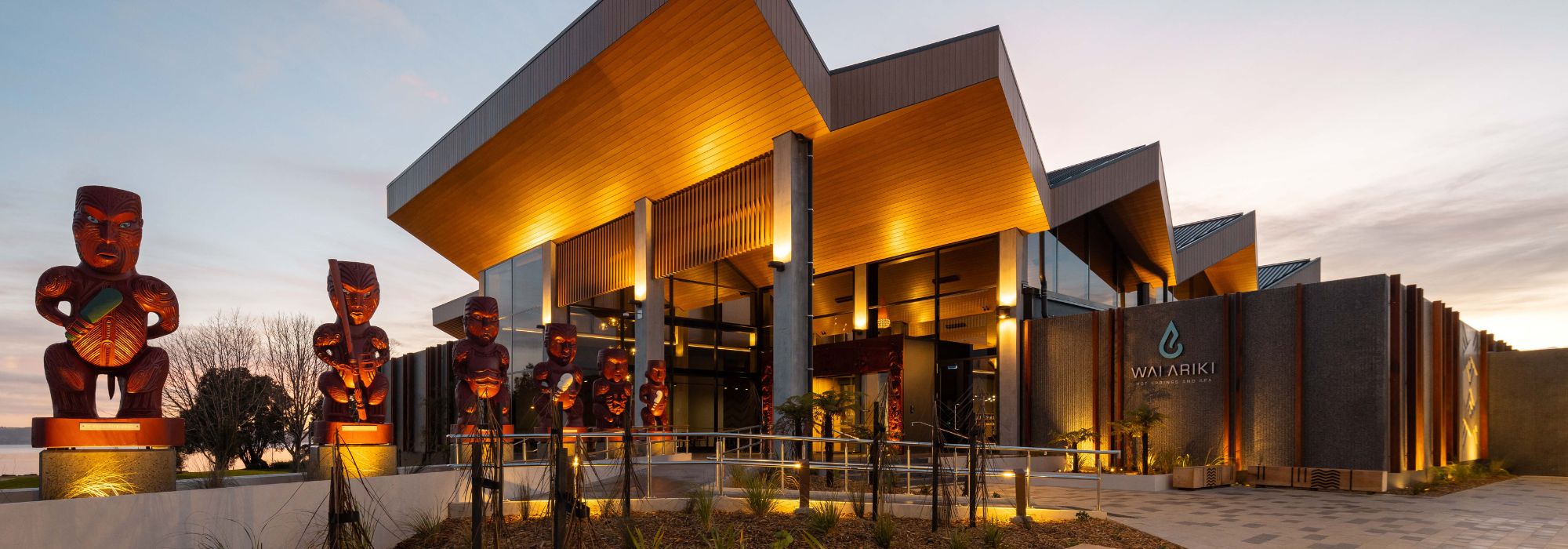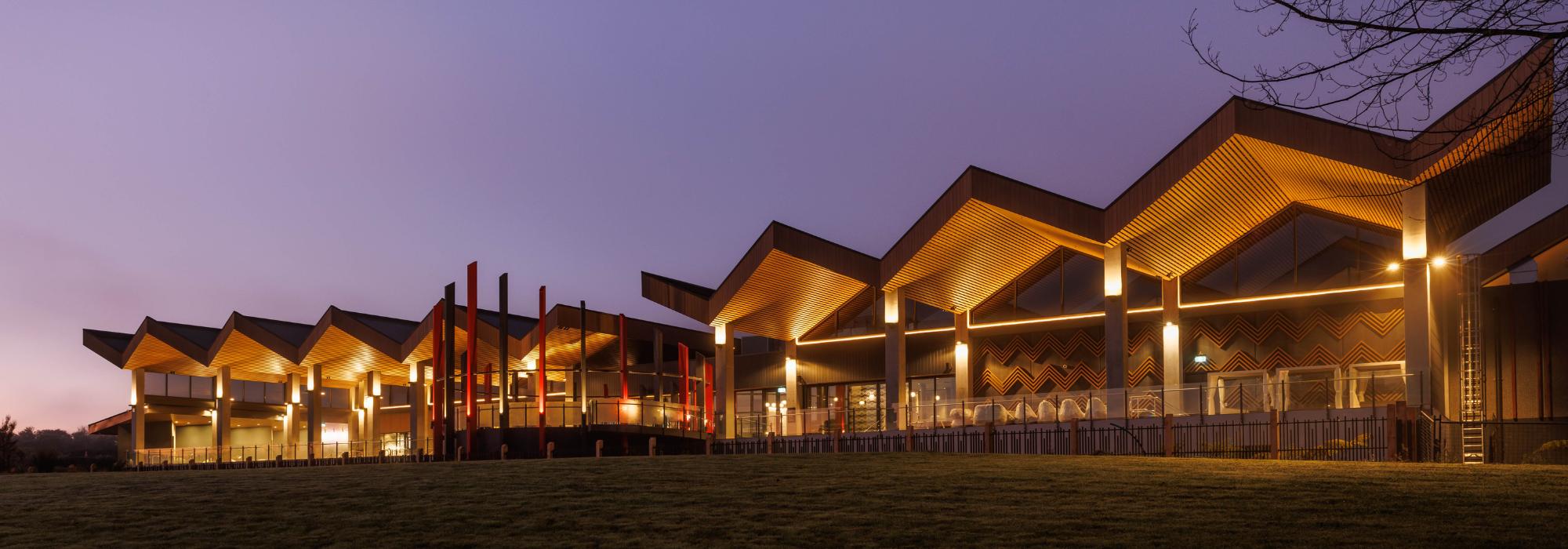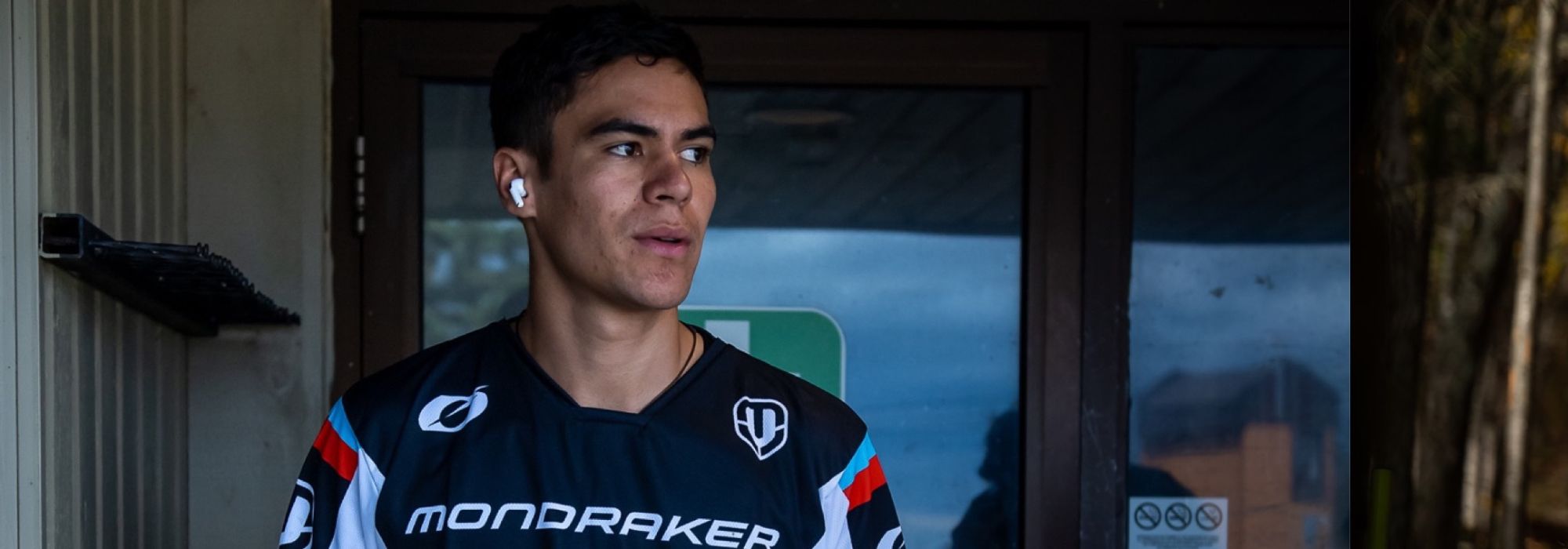The statistics around food insecurity across the country are dismal. But a Rotorua organisation is working hard to turn this around, school by school – and create job security at the same time.
The Ministry of Education estimates that “around one in five children in New Zealand live in households that struggle to put enough good-quality food on the table. In communities facing greater socio-economic barriers, 40% of parents run out of food sometimes or often.”
Ka Pai Kai Rotorua Charitable Trust aims to make healthy food accessible to all children.
“We started out four years ago under guidance and seed funding from Healthy Families Rotorua to start an organisation that would feed the kids of Rotorua that weren’t getting any kai, essentially,” said Joe Dorset, Ka Pai Kai general manager.
Ka Pai Kai borrowed the initial start-up model from a similar programme running in Tokoroa that was founded here in Rotorua by Heart Foundation NZ nutritionist Jasmin Jackson. Jasmin had been teaching nutrition in schools and researching what was in children’s lunchboxes. When she discovered that about 80% of them had food with very low nutritional value, and about 10% had no lunch at all, she knew something had to be done.
In the early days, Ka Pai Kai had just 1.5 employees. Supported by an army of volunteers, they were able to provide healthy lunches every day to 100 children in two lower decile schools.
One of those volunteers, Judith Cumberlidge, has been with Ka Pai Kai since day one. Being a grandmother, and having spent 12.5 years as an early childhood centre administrator, the work of Ka Pai Kai resonates with her, especially knowing the importance of having access to good food.
“It’s something I definitely feel passionate about,” she said.
Local organisation Te Arawa Fisheries was one of the first iwi businesses to get on board, supporting the provision of lunches for one of those schools, and funding from other groups enabled the second school to take part in the programme.
Since then, iwi groups and businesses like Tamaki Māori Village, Mitai Māori Village, Te Puia and Sudima have contributed by subsidising or paying for meals, and funding is provided by Rotorua Lakes Council, Rotorua Energy Charitable Trust, and other avenues that support community groups.
Growth leads to more jobs for locals
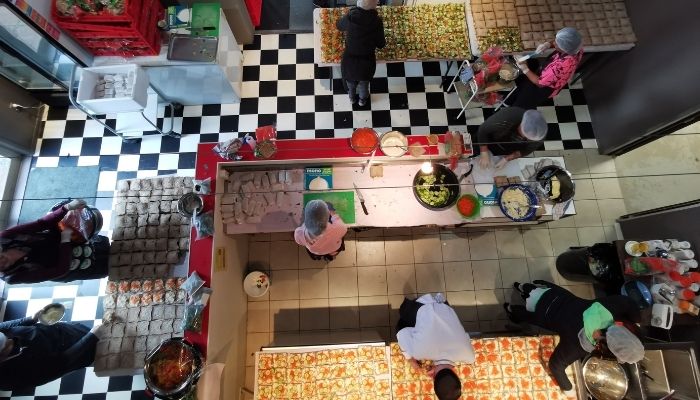 Fast-forward to 2020 when the government began implementing its $45m two-year initiative called Lunches in Schools, which aims to provide free daily lunches to students in Years 1 through 8 (primary and intermediate aged) in schools with high levels of disadvantage.
Fast-forward to 2020 when the government began implementing its $45m two-year initiative called Lunches in Schools, which aims to provide free daily lunches to students in Years 1 through 8 (primary and intermediate aged) in schools with high levels of disadvantage.Ka Pai Kai wanted to ensure they could continue their not-for-profit kaupapa. Joe, a former school teacher and rugby coach, and a father of three, was employed by Ka Pai Kai to help implement a growth plan.
“We’ve grown tremendously, about 600% in the last eight months. We feed 6,000 young people in 25 schools across the Bay of Plenty, ranging from Western Heights High School with 1,300 kids, right through to Tawera School in Ruatoki in the heart of Te Urewera with about 40 kids.
“A year ago we had 11 staff, now we have a workforce of 80, and work out of seven different kitchens. Volunteers are still a big part of our success – and we need more!”
For Joe and his team, the strategy is working well but there are no plans to rest or to ride the government’s coattails.
“We are looking to solidify our place in this programme so that if the government ever does walk away from doing this, Ka Pai Kai is going to be in a position to where, through corporate and iwi partnership, we can maintain our programme. We want to future-proof this kaupapa.”
A local focus
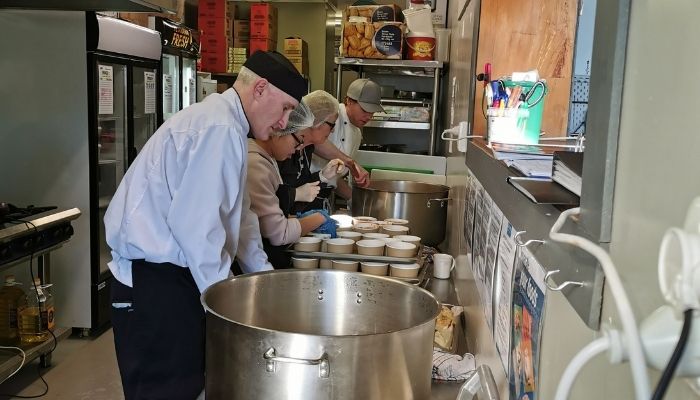
Another key mission for Ka Pai Kai is to support local. This includes not only hiring locals, in order to keep up with the mahi, but also buying local produce and supplies as much as possible.
“We see ourselves as a gateway to this investment that government is putting into this community and, as a social enterprise, rather than concentrating on profit and skimming off the top, or seeking out cheaper suppliers from further afar, we concentrate on using local businesses to keep the government’s investment in our community.”
Ka Pai Kai staff are also benefitting.
“We’ve put people through driver training, health and safety training, safe food handling training, managerial upskilling, lots of things around developing our people.”
Setting our kids up for the future
Joe points out that the work Ka Pai Kai is undertaking is not just about feeding kids now.“What I would say to people is be patient. We’re working on generational changes in healthy eating habits.
“The habits that we create, those will be a generational change. Because if this child here isn’t fed the additives, preservatives and flavour-enhancers, then this next generation of kids coming through are going to be on fire. They’re going to be our world leaders and they’re going to be our generational changers.
“So when we talk about one hundred years from now, I’m talking about the kids I feed today, their kids, and their kids’ kids. People have got to be mindful of this. This is the long game.
“People complain about the fabric of our society. This is the needle that going to fix the fabric. I truly believe that. And it’s one stitch at a time, one step at a time, and like any type of sewing, creating something beautiful takes time.”

